Publications
Articles, publications, books, tools and multimedia features from the U.S. Institute of Peace provide the latest news, analysis, research findings, practitioner guides and reports, all related to the conflict zones and issues that are at the center of the Institute’s work to prevent and reduce violent conflict.
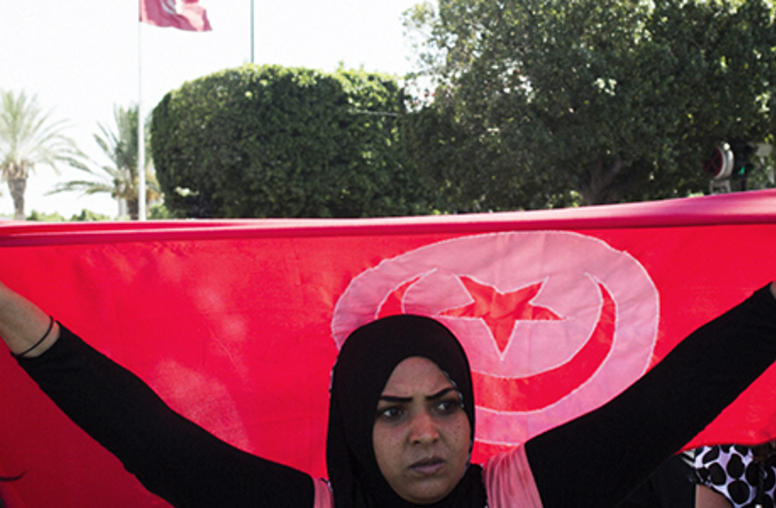
The Peacebuilder’s Field Guide to Protest Movements
Protest movements around the world scored major victories in 2015. But if we want to see real change, international donors need to stop fretting and lend a hand.
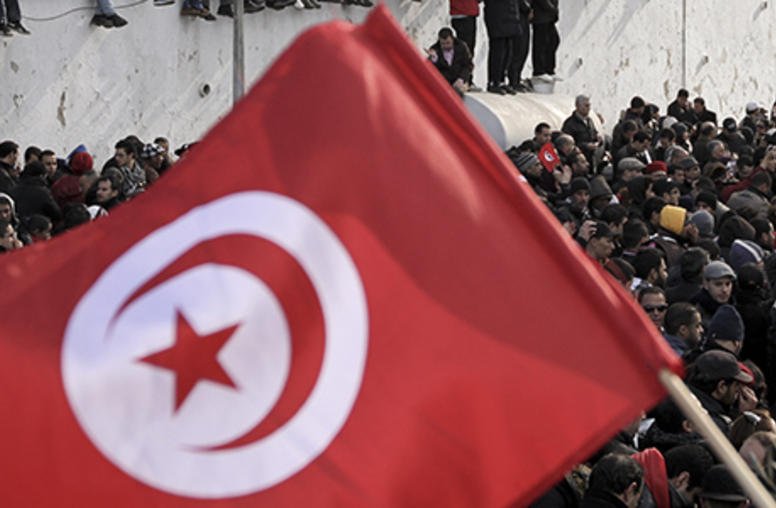
Tunisia’s Revolution: Five Years On, What Lies Ahead
In the wake of the 2011 Arab Spring uprisings, Tunisia stands alone. As other countries in the upheaval have splintered into civil war or returned to dictatorship, Tunisia’s Jasmine Revolution, on its fifth anniversary, remains on a peaceful, democratic path with an elected parliament and coalition government bound by a constitution. At the same time, the specter of a weakening economy, rising violent extremism and an increasingly disillusioned public tugs at the future.
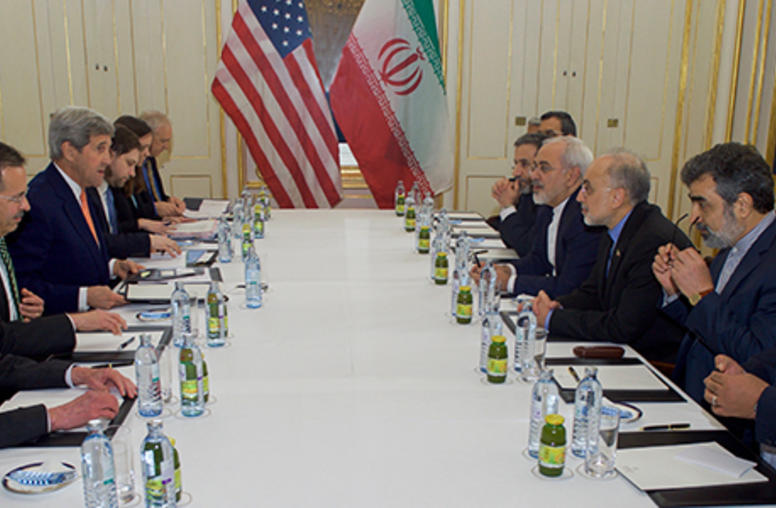
Q&A: Iran Nuclear Accord Milestone
In a historic milestone of the nuclear agreement reached in July between Iran and the world’s major powers, the United Nations’ nuclear watchdog certified on January 16 that Iran had complied with restrictions on its nuclear program and the international community lifted a range of sanctions imposed on the regime over the past decades. Daniel Brumberg, a special advisor at the U.S. Institute of Peace, considers the ramifications for the region and the world.
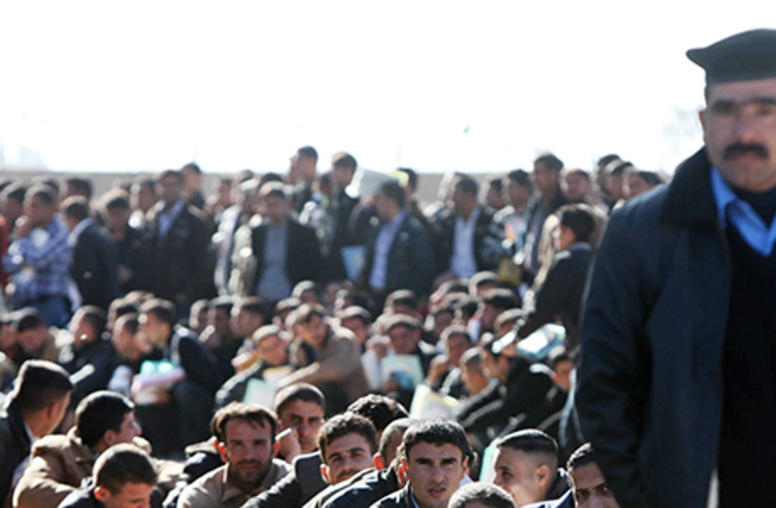
Iraq Research: Sense of Injustice Is Key to Violent Extremism
Three years of public polling in Iraq by Mercy Corps has put hard figures to an often-cited theory about the spread and attraction of violent extremism. More than poverty, joblessness or any other dispute or social ill, it is the perception—or reality—of injustice that fuels support for armed opposition groups.
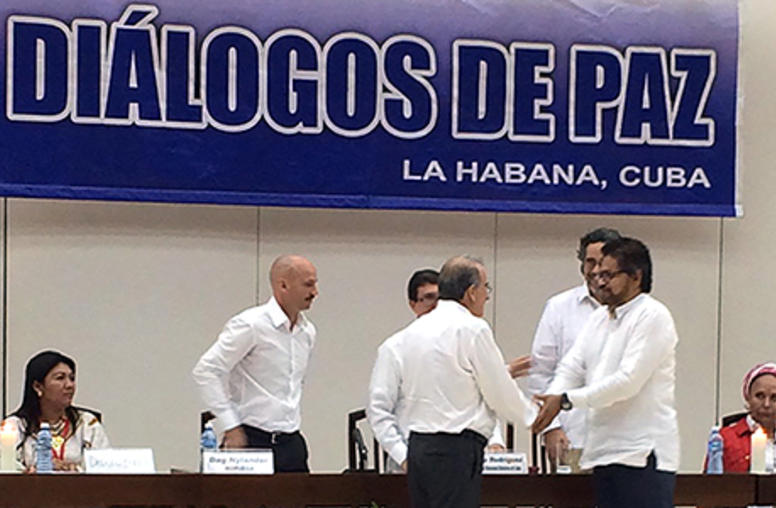
Q&A: Colombia, Guerrillas Reach Accord on Rights for Victims of War
Making a peace deal that accommodates the needs of the millions of civilians hurt by Colombia’s 50-year-old conflict has challenged negotiators since talks between the government and the nation’s largest guerrilla group began three years ago. This week, negotiators announced an agreement on victims, completing the fourth item on a six-point agenda that’s aimed at ending hostilities. USIP’s Virginia Bouvier, who was in Havana for the declaration on victims, said the latest accord is another hi...
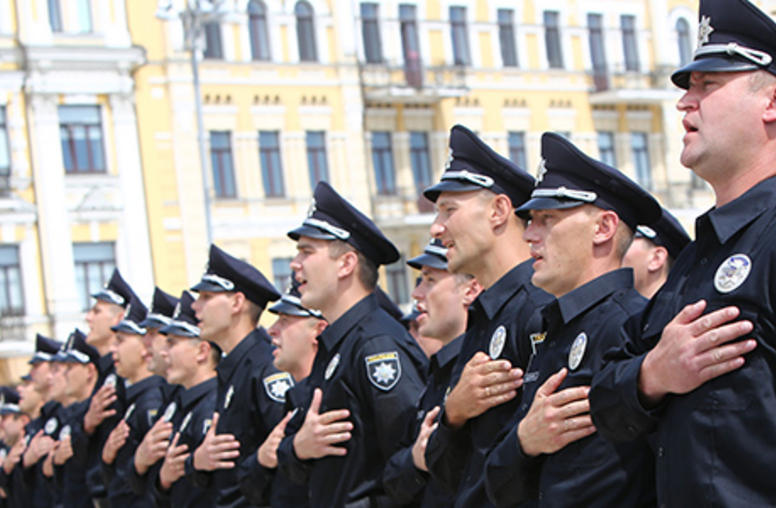
Corruption Poses Unparalleled Threat, U.S. Official Says
Corruption is an unparalleled threat to democracy and prosperity that costs the global economy as much as $2 trillion a year, and it will require the approach of a marathon rather than a sprint to eradicate the scourge, according to William Brownfield, the U.S. assistant secretary of state for international narcotics and law enforcement. Victories like the current transformation of Ukrainian traffic police from reviled bribe takers to respected public servants give citizens the kind of hope n...
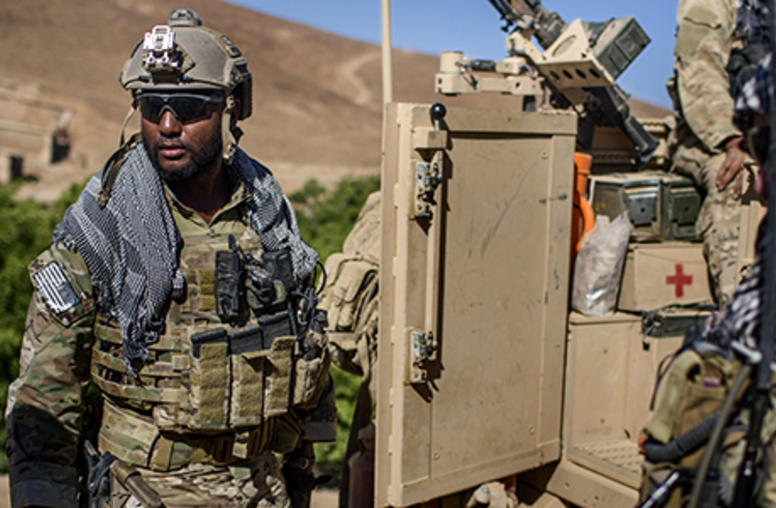
Poor Planning, Coordination Cited in Afghan Intervention
Failings by the United States and its NATO partners in the early stages of the 15-year-long war in Afghanistan have prolonged that country’s need for international troops and economic help, U.S. and German officials said in a recent forum at the U.S. Institute of Peace that examined the lessons learned during the past decade.
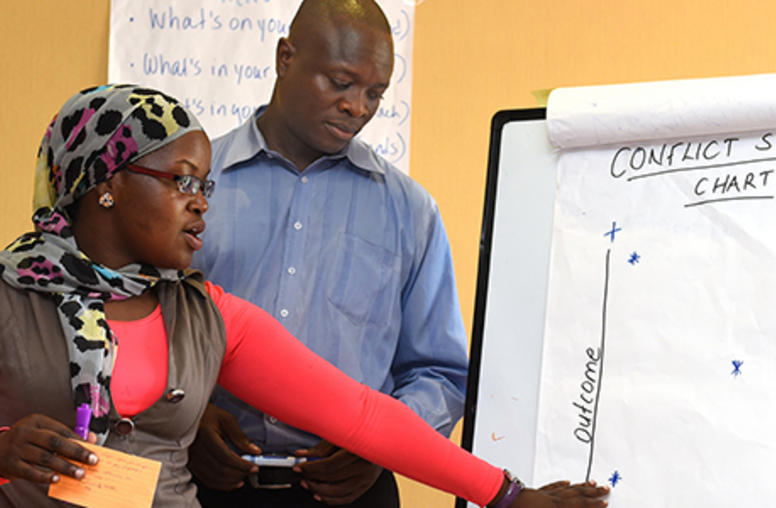
Landmark U.N. Resolution Elevates Youth in Work for Peace
In a landmark decision, the United Nations Security Council this week adopted its first resolution to address the critical role that young people play in preventing and resolving conflict. Resolution 2250 on Youth, Peace and Security, which passed with the unanimous support of the U.N.’s 193 member states, is especially vital given that more than half of the world’s population is under the age of 30, and 70 percent of them are concentrated in Africa and the Middle East, two regions roiled by violent conflict.
Urgent Imperative: Get Afghanistan’s Government Working
Ten weeks after the Taliban briefly captured Kunduz, Afghanistan’s fifth-largest city, neither the fractured government nor the country’s political class is showing signs of heeding that wake-up call—or the other flashing warnings that the 14-month-old government is close to failure. While the United States quickly announced the reversal of its planned withdrawal of forces from the country, the factions in Kabul must figure out how to cooperate in governing, and Washington must do all it can to advance that, analysts say.
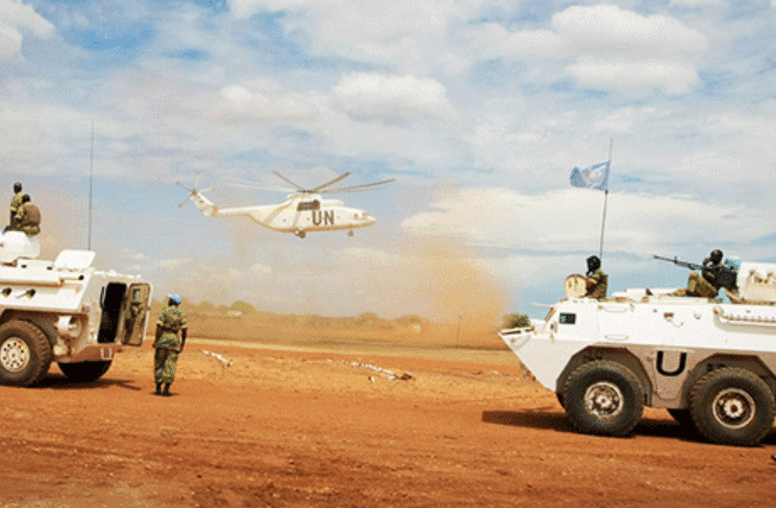
Saving U.N. Peacekeeping: High Stakes for the U.S.
As America and its allies confront a widened war in Syria, the refugee exodus to Europe, and terrorist violence in Paris, Beirut and Mali, we must treat the roots, not just symptoms, of these catastrophes. That will require an urgent repair of our world’s main tool for addressing violent conflict—the increasingly overwhelmed United Nations peacekeeping system.